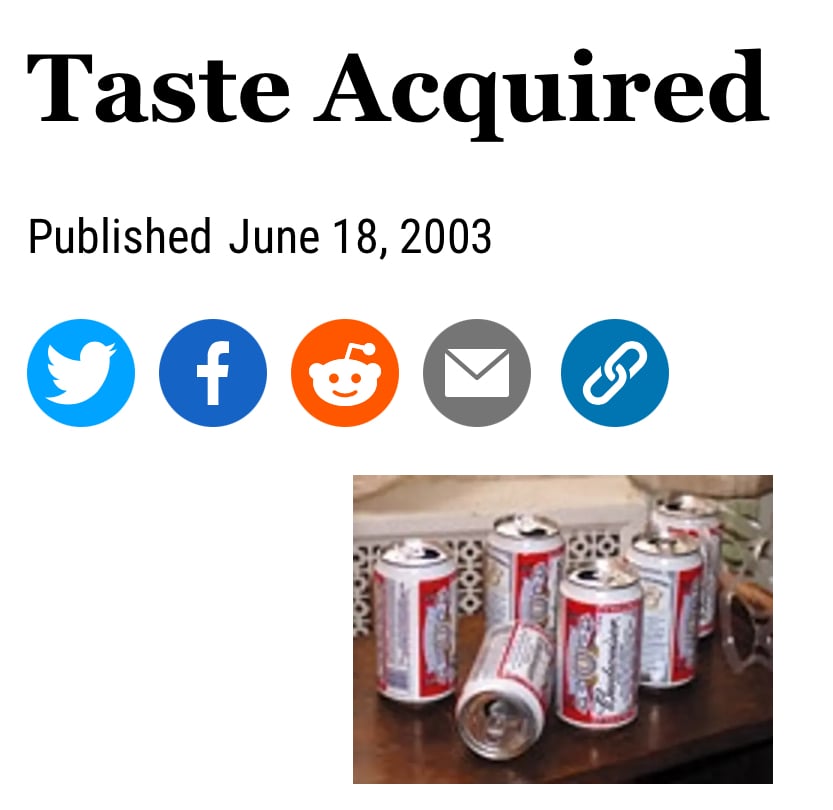

Lots of western companies are. Not everything is subject to sanctions — the U.S. government still buys uranium from Russia and there’s cooperation on space launches — but even the companies that tried to divest for moral reasons found it challenging, to say the least. The ones who tried often had their assets essentially stolen or sold for pennies on the dollar to a Putin loyalist oligarch.
I’m not sure what Apple is doing there besides having the App Store. They did stop all exports so any new Apple products there are smuggled and probably way more expensive. On balance, I think it’s better keeping the App Store and software updates available to Russians. Some dissidents and journalists use Apple products too and you don’t want their devices left insecure.








Aside from small scripts and stupid joke images, I used ChatGPT on a vacation for extra details about the area I was in. It was when it first came out and Wikipedia and Google were obviously better for facts or finding restaurants but being able to ask follow-up questions was sometimes useful. You can be more vague and slowly zero in on what you’re actually asking about.
So, I don’t rely on it for anything important but it’s handy for a number of edge cases (sometimes, if only to figure out what you need to do a regular search for).